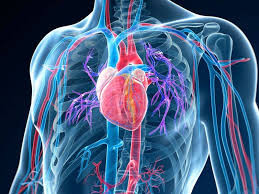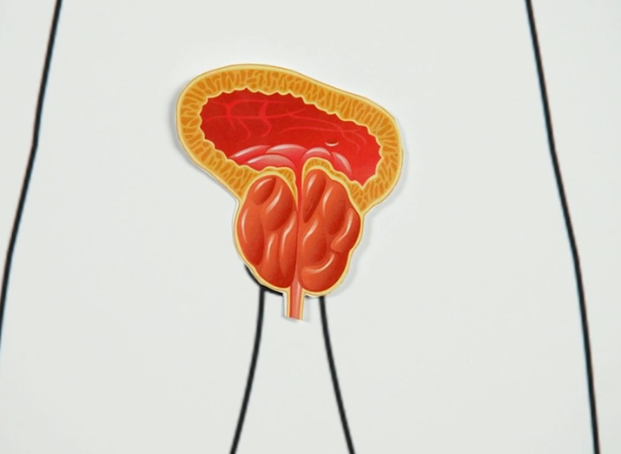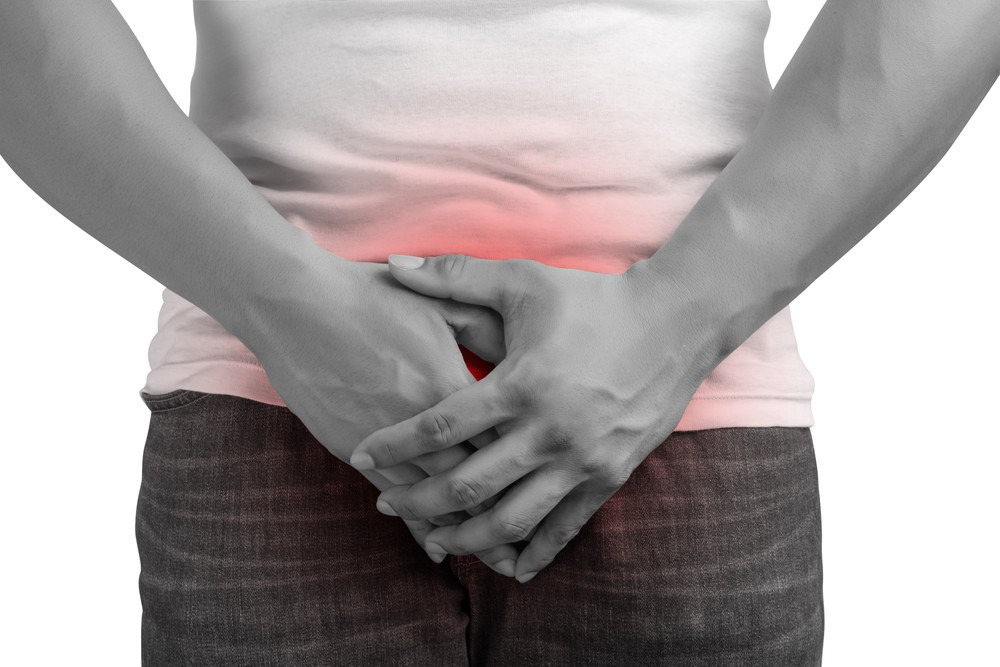As we approach lockdown version two, for Dr Sam Hughes working on the NHS frontline during the first lockdown was certainly eye-opening. It was terrifying, exhausting and all of the emotions in between. Yet, somehow, amidst the doom and gloom, it has sparked a certain comradery amongst all healthcare professionals tack-ling this faceless enemy.
Having treated a spectrum of Covid-19 positive patients, subjectively he began to notice a trend: men appeared to be suffering more severe symptoms compared to women. In turn, I wanted to know - why?
Of course, news outlets have greatly publicised the increased risk to the elderly and those with co-morbidities such as high blood pressure and diabetes. However, the data is now in fact confirming another risk factor - being male!
At present, we know that men and women are equally likely to contract the illness. Yet, men are much more likely to develop severe symptoms, requiring admission to intensive care units and ventilatory support.
Having consulted various medical publications, crunched the numbers and grappled with some complex algorithms, he has attempted to summarise the key information out there, relevant to men.
He starts in Wuhan, specifically in Jinyintan hospital. Here, a report published by the Shanghai Jiao-tong medical school revealed that in the first 20 days of January 2020, men were 2X more likely to be admitted with the virus. Following admission, the death rate in hospitals across Wuhan was 2.8% amongst men, compared to 1.7% for women.
But that was in Wuhan, here in the UK - are we painting a similar picture? Unfortunately - yes. Indeed, the trends are matching up, with older men, namely those aged over 70, being at a particularly high risk. In fact, a recent study conducted by the Intensive Care National Audit and Research Centre revealed that out of the patients requiring an intensive care bed, 70% were occupied by men.
Numerous theories have been proposed to explain this predilection for men. Here’s a few of them…
- Physiological Differences: Generally speaking, men tend to tip the balance when it comes to being overweight - pun intended. In turn, this predisposes men to developing other co-morbidities like high blood pressure, diabetes or heart disease. Irrespective of the pandemic, this makes men more vulnerable to any type of infection, not just coronavirus.
- Psychological Differences: A term coined by Ronald F. Levant (President of American Psy-chological Association) is “normative male alexithymia” which literally means "without words for emotions”. Men often struggle to verbalise their emotions, ask for help or express their in-ternal monologue. The same happens when we’re sick. Instead of seeking help early, men tend to downplay symptoms, hoping to avoid any healthcare intervention if possible, which unfor-tunately often enables the virus to mount a more significant disease burden.
- Smoking:- Globally, men are more likely to smoke than women. Specifically, the UK figures from 2018 highlight that 17% of men vs 13% of women smoke. This is roughly the equivalent of an extra 1 million male smokers in the UK. As we all know, smoking is bad. Specifically however, when it comes to coronavirus - the tar build-up from years of chronic smoking, clogs our small airways, reducing our ability to ventilate i.e. get fresh air in and get carbon dioxide out. As this air stagnates, bugs like the coronavirus are able to latch onto our lungs, mounting an infection.
- Hormonal Differences: When the virus enters our body, it then needs to penetrate through our cell membranes, to get inside our cells, where it can utilise it’s energy source to replicate and grow. Oestrogen is thought to act as a barrier, reducing this ability to rep-licate. In turn, when our body initiates an immune response to tackle the virus, women have a lesser viral load to defeat, meaning they’re more likely to clear the virus before it has time to induce severe symptoms.
- Hand-washing: A ‘YouGov’ survey conducted in 2017, revealed some truly terrifying results, which might make you rethink shaking hands in your next job interview. When asked “Do you always wash your hands after a wee, when at work?” - 85% of women VS 71% of men said “yes”. When asked, “Do you always wash your hands after having a poo at work?” - 90% of women VS only 82% of men said “yes". Come on guys - we can definitely do better.
So, he asks will our Y chromosome be the chink in our armour against this invisible enemy? Do we need to do more than our female counterparts to protect ourselves?
No. The advice, irrespective of gender, remains the same. Namely, adhere to the government’s social distancing guidelines, contact the NHS 111 service if you need advice and again, please - wash your hands.
In conclusion, coronavirus appears to pose a particular threat to men due to range of behavioural, genetic and biological factors. It’s a cunning enemy and caught us men off-guard. It exposed our weaknesses; namely, our tendencies to over-indulge, shamed us on our bad behaviours and even exploited our reluctance to ask for help. Alas, whilst this lockdown won’t last forever, perhaps it will help motivate us to make some long term changes, and help us re-invest in our own health.
Stay Safe.
Written by Dr Sam Hughes
Links to Sources:
- https://www.newscientist.com/article/2240898-why-are-men-more-likely-to-get-worse-symptoms-and-die-from-covid-19/
- https://yougov.co.uk/topics/health/articles-reports/2018/09/18/one-six-male-workers-say-they-dont-always-wash-the
- https://www.apa.org/monitor/dec01/mummies
- https://www.icnarc.org
- https://www.youtube.com/watch?v=VzwsrHff9Kw





